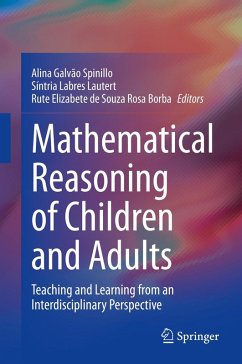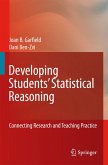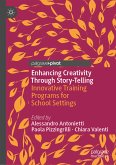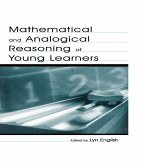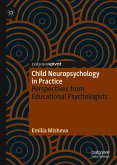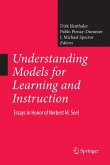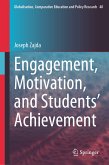The chapters are presented in the light of the three instances that permeate the entire book: the learner, the teacher, and the teaching and learning process. Some of the chapters analyse the didactic challenges that teachers face in the classroom, such as how to interpret students' reasoning, the use of digital technologies, and their knowledge about mathematics. Other chapters examine students' opinions about mathematics, and others analyse the ways in which students solve situations that involve basic and complex mathematical concepts. The approaches adopted in the description and interpretation of the data obtained in the studies documented in this book point out the limits, the development, and the possibilities of students' thinking, and present didactic and cognitive perspectives to the learning scenarios in different school settings.
Mathematical Reasoning of Children and Adults: Teaching and Learning from an Interdisciplinary Perspective will be a valuable resource for both mathematics teachers and researchers studying the development of mathematical reasoning in different fields, such as mathematics education, educational psychology, cognitive psychology, and developmental psychology.
Dieser Download kann aus rechtlichen Gründen nur mit Rechnungsadresse in A, B, BG, CY, CZ, D, DK, EW, E, FIN, F, GR, HR, H, IRL, I, LT, L, LR, M, NL, PL, P, R, S, SLO, SK ausgeliefert werden.

